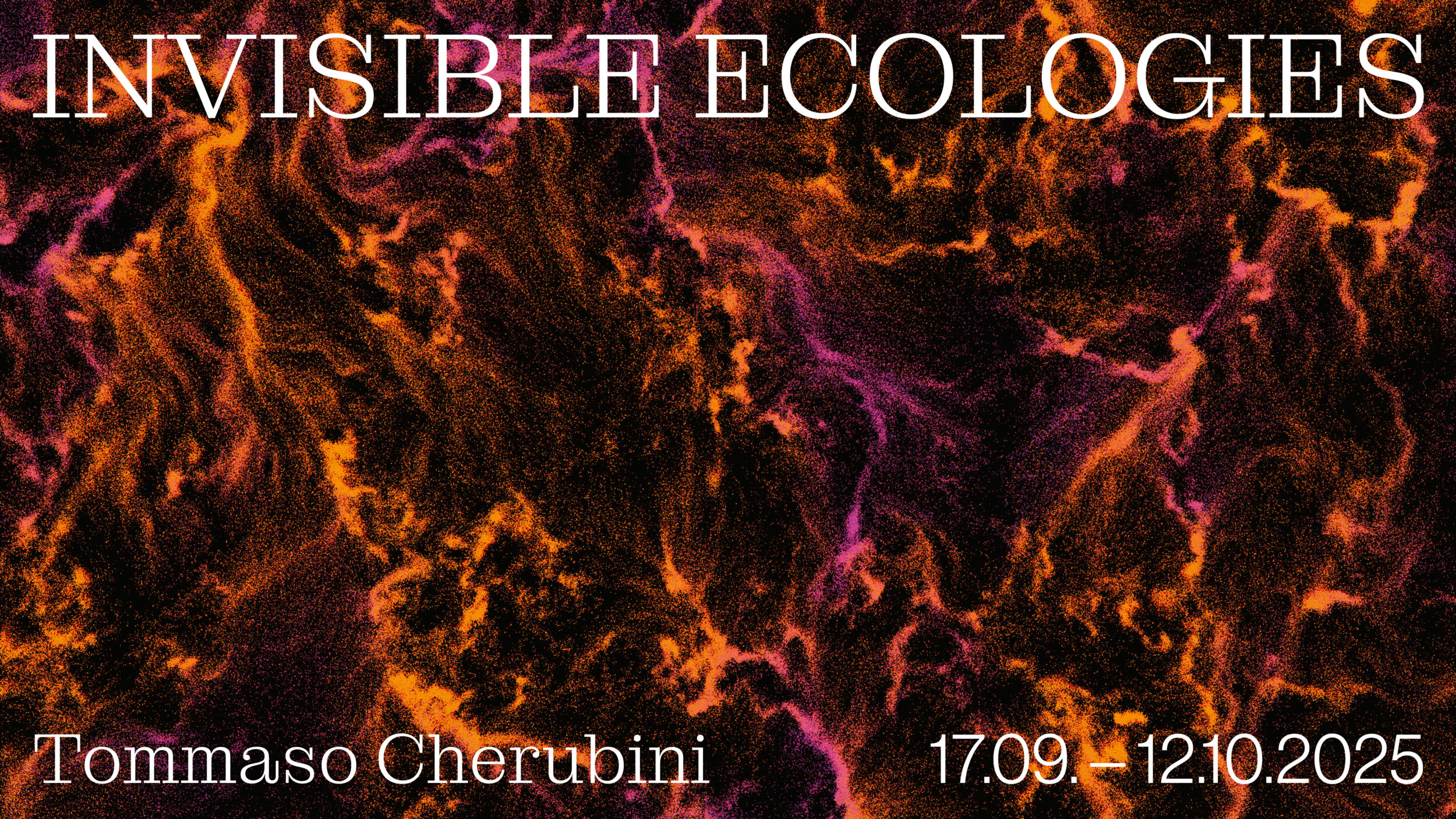Promoted by Forma Edizioni and hosted at the exhibition space of Rifugio Digitale from September 17 to October 12, 2025, the project Invisible Ecologies is carried out with the support of MiC and SIAE as part of the “Per Chi Crea” program, and with the contribution of Publiacqua. The Invisible Ecologies project stems from the intention to reflect on the relationship between humans and the environment through a local and emblematic case: the interaction between the Arno River and the city of Florence. This relationship, layered over time, becomes a threshold from which to develop a broader reflection—scalable from the local to the systemic—on modes of perception and technically mediated reality. In this context, the act of observation is not conceived as a neutral gesture, but as a technical and transformative process capable of generating operative abstractions. Taking as its subject the ancient and ever-changing Arno, the project explores how the languages of measurement and those of speculation can coexist, generating new forms of knowledge and relationships. No longer merely an object to be observed, the river becomes a traversable surface, an expressive organism, a vector for other possible ecologies. It is from this shift that the project proposes an affective methodology of observation and speculation. The two chapters that compose it—Decoding Signals and Encoding Visions—engage with two languages, two epistemic logics. The first moves within the realm of what philosopher Yuk Hui, in his essay Recursivity and Contingency (2019), defines as calculative reason: computation as a method for constructing variables, and variables as a method for reading reality. In the recursive repetition of measurement, in the comparison of times, data, and layers, an excess emerges. The river, even when reduced to signal, resists exhaustion. From here, a second path opens: that of speculative reason, which does not reject data but exceeds it, traverses it, bends it to imagine other ways of existing.


